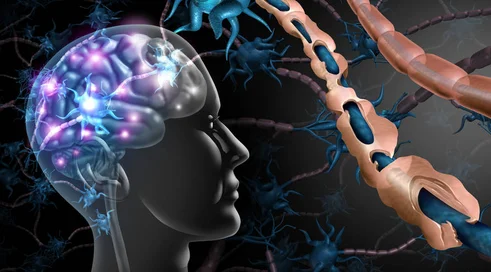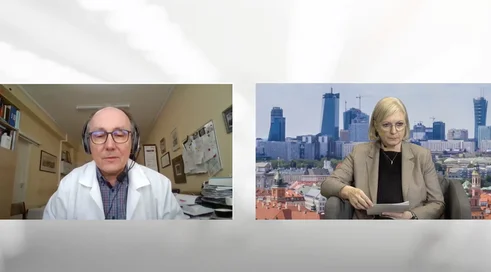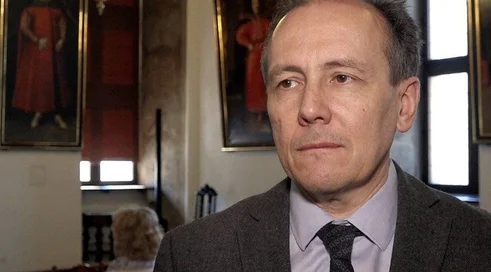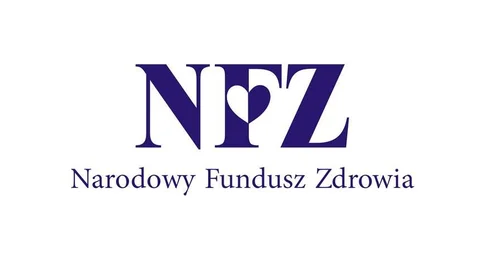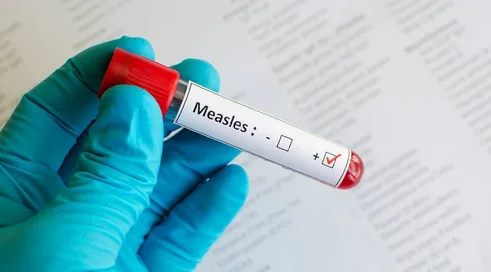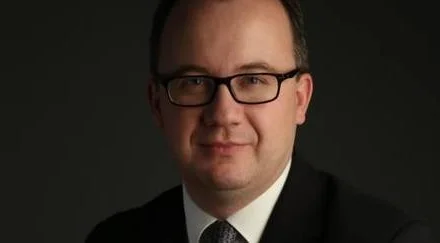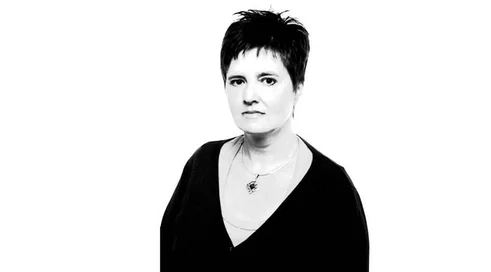MINISTRY PULLS PROJECT OUT OF DRAWER
The first model for piloting coordinated care for patients with Parkinson's disease was prepared by the Polish Neurological Society in 2018. It lay in a ministerial drawer until early 2023, when the health ministry commissioned the Agency for Health Technology Assessment and Tarification to develop the pilot, along with a valuation of the benefit. That work is expected to last until May.
- This is a very complex issue, especially when we consider the specifics of Parkinson's disease, with which patients live 20 or 30 years. The offer of a comprehensive program must therefore be tailored to the different stages of the disease, the different degrees of progression and the different treatment methods that change over the course of the patient's life, says Prof. Jaroslaw Slawek.
REFERENCE CENTERS NEEDED AND...
Content locked
To gain access to the complete English section of the Medexpress.pl, kindly reach out to us at [email protected].






